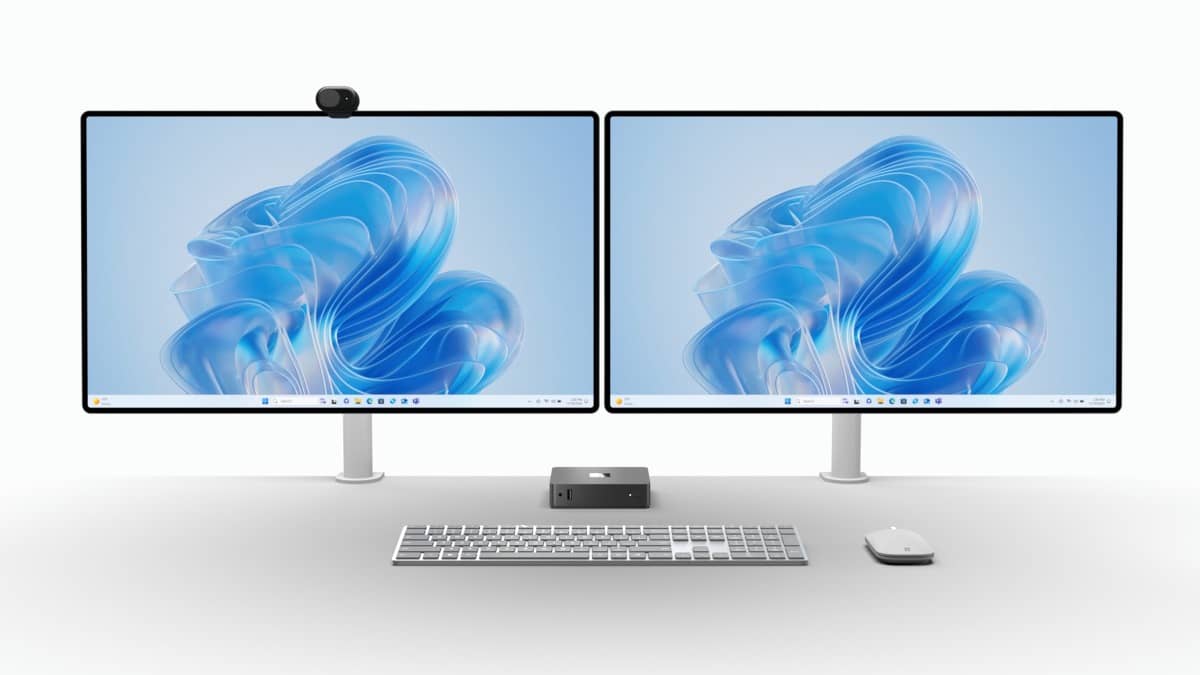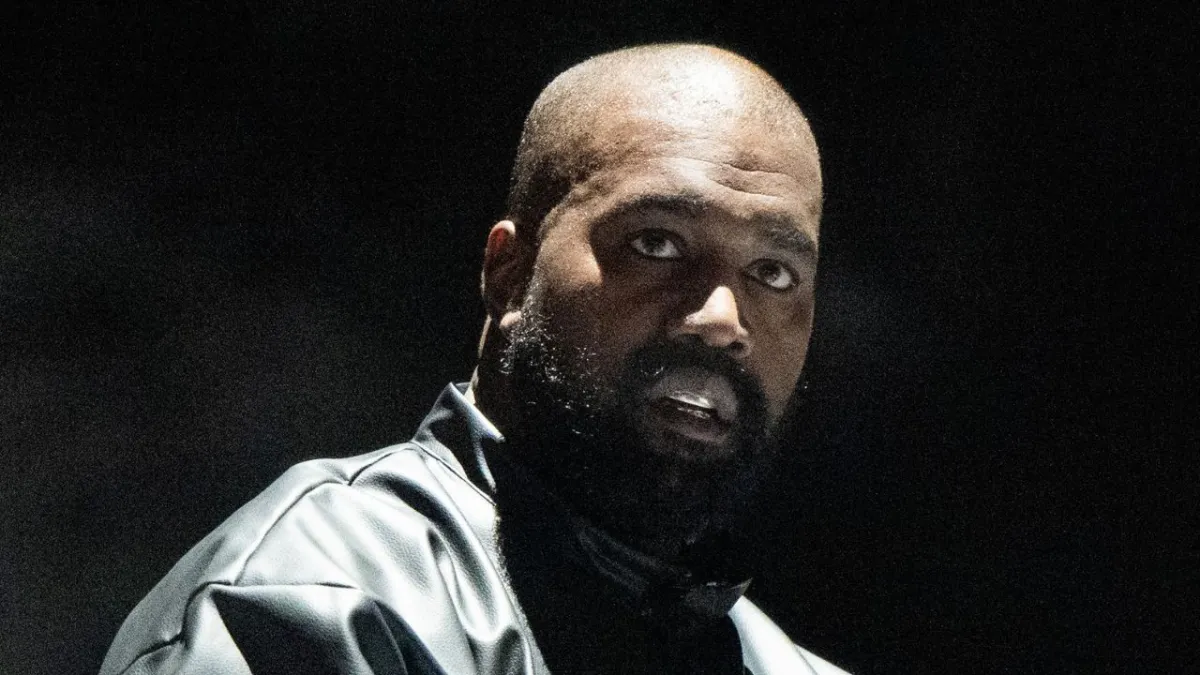At CES 2025, Microsoft focused on Windows 11 and Copilot+ PCs, avoiding any mention of Windows 12.
This decision reflects a strategic move to prioritize stabilizing Windows 11 and increasing adoption rather than introducing a new operating system prematurely.
Windows 11 Adoption Challenges
Windows 10 still dominates with over 62% of the global desktop market share, while Windows 11 trails at 34%.
Users resist upgrading due to higher hardware requirements, interface changes, and familiarity with Windows 10.
With Windows 10 support ending in October 2025, Microsoft needs to make Windows 11 more appealing before considering a successor.
Windows 11 24H2 Backlash
The 24H2 update, released in late 2024, faced criticism for bugs and performance issues. Announcing Windows 12 now would risk further alienating users and undermine confidence in Microsoft’s current platform.
AI and Copilot+ PCs in Progress
Microsoft’s AI push with Copilot+ PCs is still maturing. Features like Windows Recall need refinement, and user skepticism remains high. Introducing Windows 12 would dilute resources and slow progress on these initiatives.
Strategic Focus
By focusing on stabilizing Windows 11 and ensuring a smooth transition from Windows 10, Microsoft is laying the groundwork for future success. Delaying Windows 12 ensures the company avoids overextension and maintains user trust.












Leave a comment